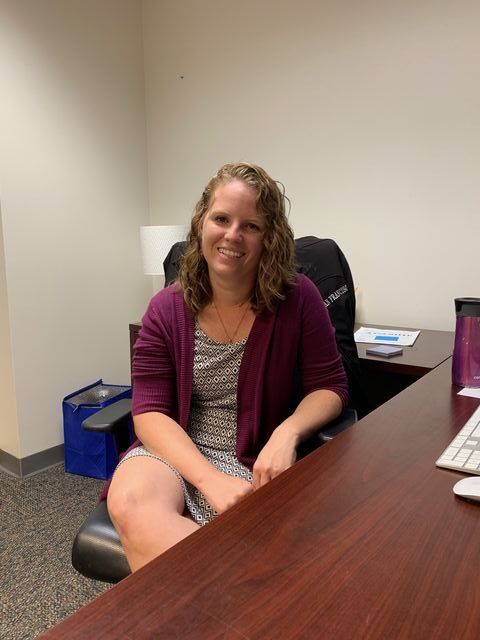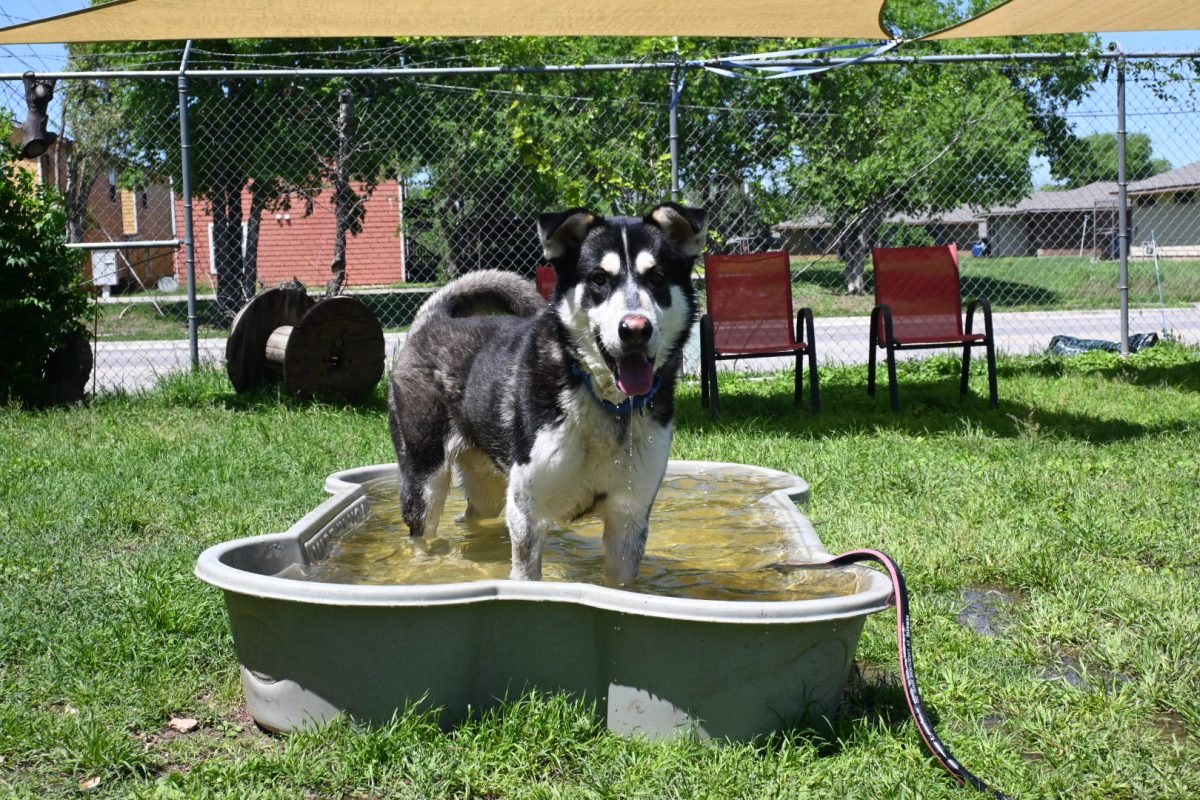A new study is taking a novel approach in developing mental health support systems in farming and rural communities to address the “farmer suicide crisis.”
Associate professor in the School of Social Work at Texas State Erica Nason and her co-investigator, Abby Blankenship, assistant professor in the School of Medicine at the University of Texas Health Science Center at San Antonio, are beginning research to better understand an increase in farmer suicide rates.
The Centers for Disease Control and Prevention released a 2016 study ranking farmers with the highest occupational suicide rate, according to the National Farmers Union. The CDC retracted the research in June 2018 due to coding errors, but Nason said the statistic is still a good estimate and the issue has gained attention.
“The National Farmers Union has come out and made a statement about needing research and innovation in this area,” Nason said. “The House of Representatives and the Senate have both put forth bills looking to address stress in agricultural workers.”
Though society is starting to recognize farmer suicide as a problem, Nason said there is not much research on best practices to address the issue in the community. There is not a known cause for the alarming rates yet.
“We saw a need and opportunity and decided to put together a project as a first step,” Nason said.
Blankenship said with the lack of information in this area, there is clearly a need for research. Researchers and clinicians are working to address those needs.
“I think what’s most exciting about (this project) is that no one has really done something like this yet,” Blankenship said.
The research, set to start fall 2019, will begin by preparing senior level agriculture students with a foundational knowledge of mental health. Participants will go through various mental health trainings throughout their semester, including webinars to build a base of knowledge, being introduced to web-based mobile apps for better wellness and delivering an outreach based on what they learned.
Students will then be followed into the first six months of their career and assessed on mental health stigma, their own experiences of mental health and if they are using mental health skills. Nason and Blankenship look to have roughly 300 participants over the course of five years.
Elizabeth Benevides, assistant professor in the department of agriculture at Texas State, said this research will give farmers and ranchers tools to mitigate the problems they are facing and start a new conversation regarding mental health.
“I would want (this research) to help change the narrative on how farmers and ranchers approach mental health,” Benevides said.
With farmers typically living in isolated communities, Blankenship said the biggest impact she hopes the research provide is suicide prevention for someone who may not have had help otherwise.
“We hope some of this knowledge makes them kind of resilient,” Blankenship said. “This intervention in the community needs to begin with the community.”
Nason said this research could potentially have a broader impact, but right now she is striving to learn what is happening in farming communities, whether this a viable model of approach and if providing this level of education will impact someone’s mental health.
“I think it does have potential to impact the workforce in some ways,” Nason said. “This model could be used for other occupations that tend to be very stressful.”
Agriculture students interested in participating in the study can contact Nason and Blankenship by email at projectgrowtx@gmail.com or by phone at 512-553-1695.
Nason and Blankenship’s work is supported by the Educational Literacy Initiative’s Research and Extension Experiences for Undergraduates grant program from the USDA National Institute of Food and Agriculture.
Categories:
Professor begins research to address “farmer suicide crisis”
July 9, 2019
Nason takes time out of her busy schedule to discuss plans of her new research project. Photo by Kyle Chitwood.
0
Donate to The University Star
Your donation will support the student journalists of Texas State University. Your contribution will allow us to purchase equipment and cover our annual website hosting costs.
More to Discover















